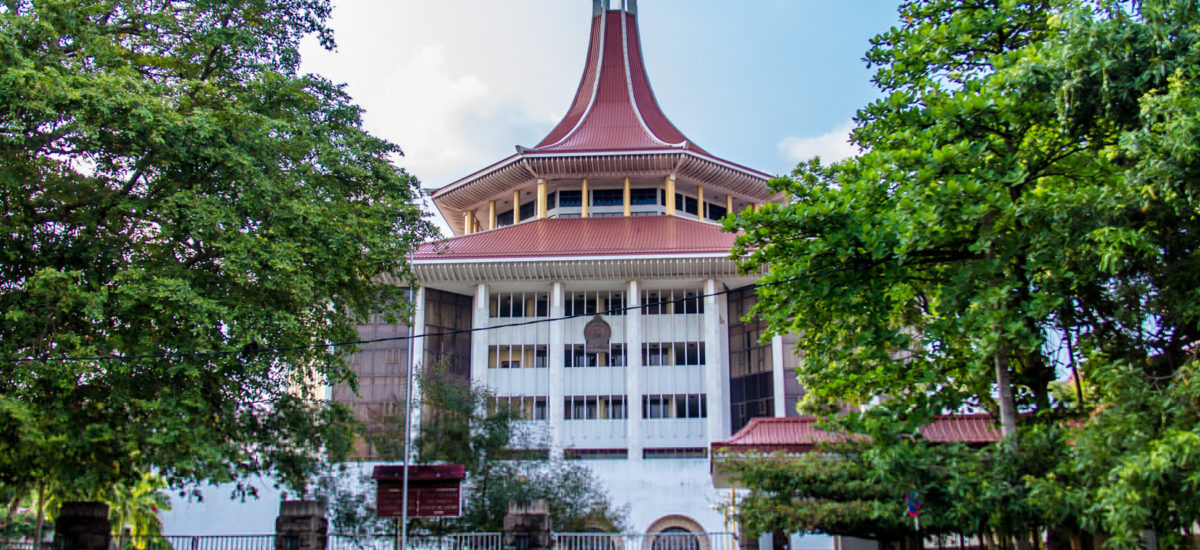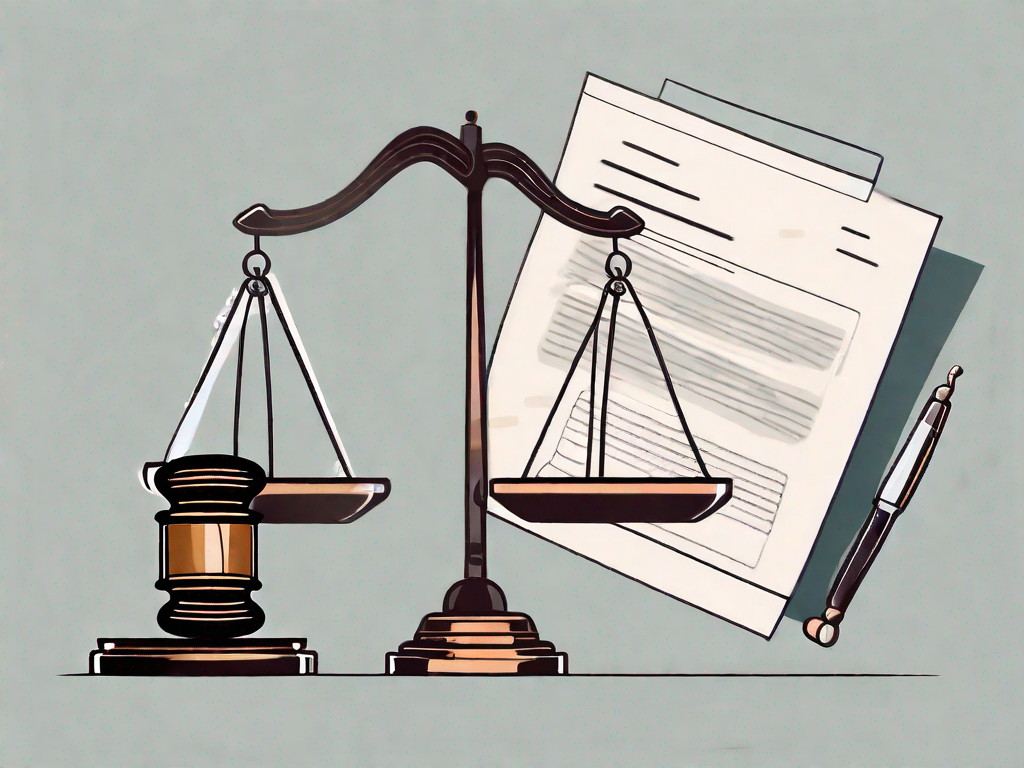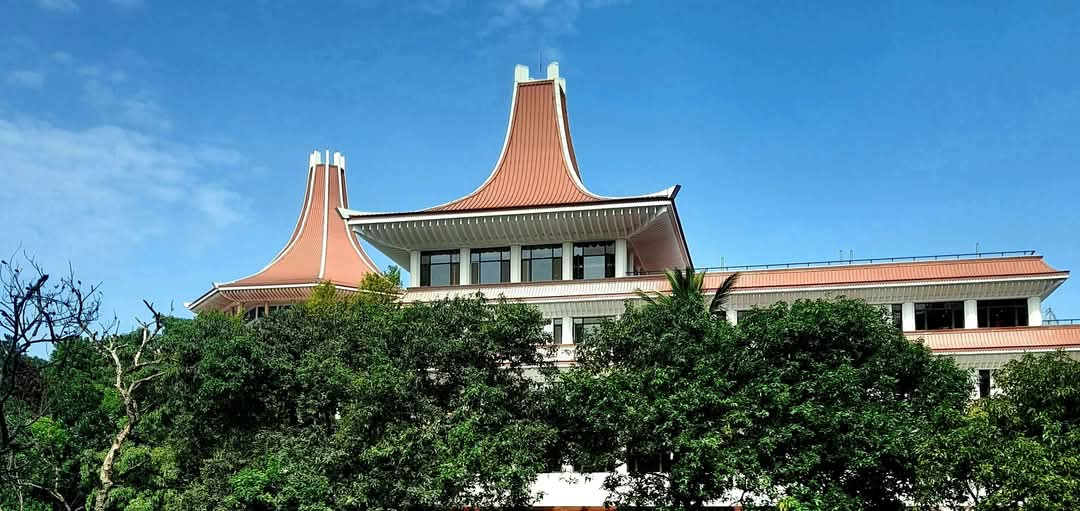The Supreme Court recently held that intra-generational equity, the right of all individuals to access and benefit from natural resources, is a constitutional right, and that the Executive must ensure the fair and equitable distribution of resources to all, not just a privileged few. Addressing the issue of mineral mining, the Supreme Court said that …
The Country’s Natural Resources are for All : Supreme Court

The Supreme Court recently held that intra-generational equity, the right of all individuals to access and benefit from natural resources, is a constitutional right, and that the Executive must ensure the fair and equitable distribution of resources to all, not just a privileged few.
Addressing the issue of mineral mining, the Supreme Court said that all individuals with a commercial interest should be treated equally and notified about available mining sites, emphasizing that all interested parties should compete fairly for limited mining opportunities. The Court further ruled that the mining license should be granted to the party offering the best terms to the State while ensuring compliance with environmental protection laws.
The Court made these observations in a case where it reversed a 2011 Court of Appeal decision that had supported Uva Magnetite Pvt Ltd’s proposal to carry out a magnetite mining project in the Monaragala District.
“The use of natural resources which would include minerals and other material of economic value, must be subject to the overarching duty of preservation, conservation, non-degradation and non pollution of the environment. This duty is of utmost importance, as the long-term survival of the entire human race and other living beings are dependent upon the protection of the environment”
“Particularly at a time when the State is attempting under trying circumstances to steadfastly emerge from a serious economic disaster and financial turmoil, economic policy-makers may be strained to recommend that natural resources such as minerals be exploited to achieve rapid economic benefit and an increase in the gross domestic product (GDP). However, such harnessing of what Sri Lanka has been blessed with, must be carried out in accordance with the principles contained in the Constitution…”
– Justice Yasantha Kodagoda PC
Background of the Case
Uva Magnetite Pvt Ltd, after conducting exploratory activities that revealed significant iron ore deposits, sought to mine magnetite in a forested area of Monaragala. The company applied for an industrial mining license, which required environmental clearance. The Forest Department, as the designated Project Approving Agency (PAA), oversaw the Environmental Impact Assessment (EIA) process. The Technical Evaluation Committee (TEC), tasked with reviewing the EIA, provided input to the Central Environmental Authority (CEA).
Public opposition to the project emerged during the EIA review process. Concerns were raised about environmental degradation, disruption to biodiversity, adverse impacts on local livelihoods, economic losses to the state due to the potential export of raw ore, and the lack of transparency in awarding the mining rights without competitive bidding. Despite these objections, the company pressed forward, claiming that the necessary approvals were in place.
The 2011 Court of Appeal Decision
In 2011, Uva Magnetite challenged the delays in the granting of its mining license, alleging improper obstruction. The Court of Appeal ruled in the company’s favor, finding that the TEC had approved the project and concluding that the company had met all regulatory requirements. This decision effectively paved the way for the mining operations to proceed.
Supreme Court Ruling
However, the Supreme Court recently reviewed the case and found significant flaws in the Court of Appeal’s decision. The apex court determined that the TEC had not granted approval for the mining project but had instead recommended conditional approval for limited exploratory activities. Among the TEC’s reservations were insufficient geological and feasibility data, strong public resistance, and environmental risks.
The Supreme Court emphasized that the TEC’s recommendations were never formalized into full approval by the CEA or the PAA. As a result, the Supreme Court ruled that the 2011 Court of Appeal’s finding that the project was approved was incorrect.
In this case, the Supreme Court also examined the environmental law aspect and the responsibilities of the Executive and relevant institutions. It emphasized the duty to consider both inter-generational and intra-generational equity, as well as adherence to environmental laws, in the decision-making process regarding the use of natural resources.
This judgment highlighted additionally the legal requirement to adhere to intra generational equity. In this regard, the court noted that the Sri Lanka Sustainable Development Act, No. 19 of 2017 has been enacted by the Parliament for this very purpose. The four-fold delicate balance between;
- achieving rapid economic development with the engines of growth being the People of Sri Lanka including the private sector,
- achieving sustainable development through effective management and regulation of the use of natural resources,
- ensuring environmental protection, and
- respecting intra-generational and inter-generational equity, may be difficult to achieve, but, is an absolute necessity.
Case No: SC Appeal No. 137/2017 [Decided on 08.10.2024]
Before: Hon. P. Padman Surasena, J. Hon. Yasantha Kodagoda, PC, J. Hon. Mahinda Samayawardena, J.






